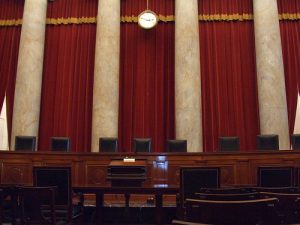 Just like when filing any lawsuit, whistleblowers are often hesitant to file because they are concerned about attorney fees. Many people think filing a qui tam lawsuit is going to cost a lot of money, and that is enough to prevent them from doing it. This is particularly true when a whistleblower is unsure of the merits of the case. Fortunately, qui tam cases typically do not cost the whistleblower that much, if anything at all. Below are a few of the most common costs whistleblowers think they will face, and how these fees really work.
Just like when filing any lawsuit, whistleblowers are often hesitant to file because they are concerned about attorney fees. Many people think filing a qui tam lawsuit is going to cost a lot of money, and that is enough to prevent them from doing it. This is particularly true when a whistleblower is unsure of the merits of the case. Fortunately, qui tam cases typically do not cost the whistleblower that much, if anything at all. Below are a few of the most common costs whistleblowers think they will face, and how these fees really work.
The Contingency Fee
When you meet with an attorney for the first time to review your case, that consultation will usually be free. This consultation is simply to determine if your case has merit. If it does not, you are not charged anything for that meeting. If it does, the attorney will likely take the case on a contingency fee basis. This means that when the case is over, the attorney will receive a percentage of the compensation you are awarded. You do not have to pay for anything out of pocket. While working your case, the attorney will pay for all expenses including reaching out to expert witnesses, traveling, and completing and filing documentation.
 Healthcare Fraud Lawyer Blog
Healthcare Fraud Lawyer Blog



